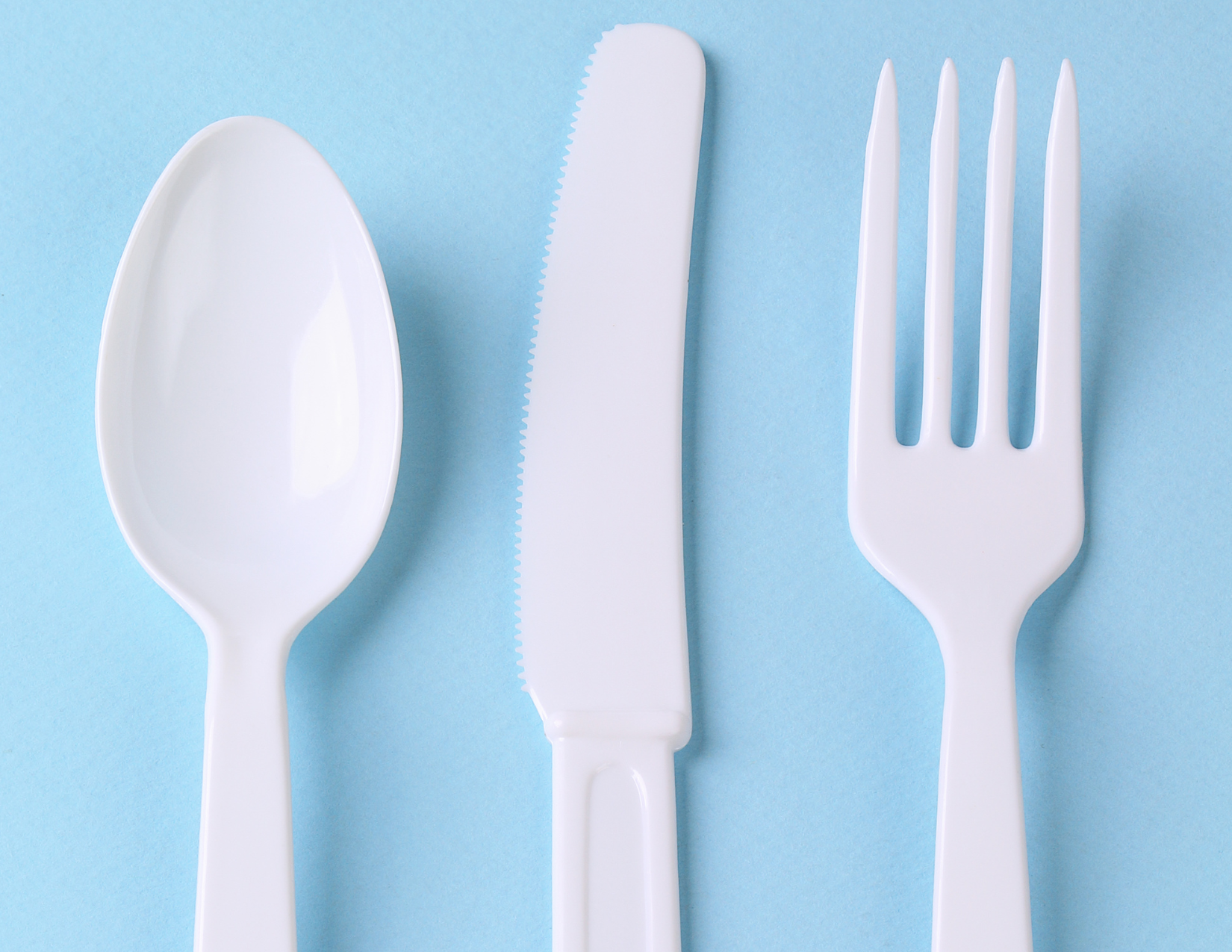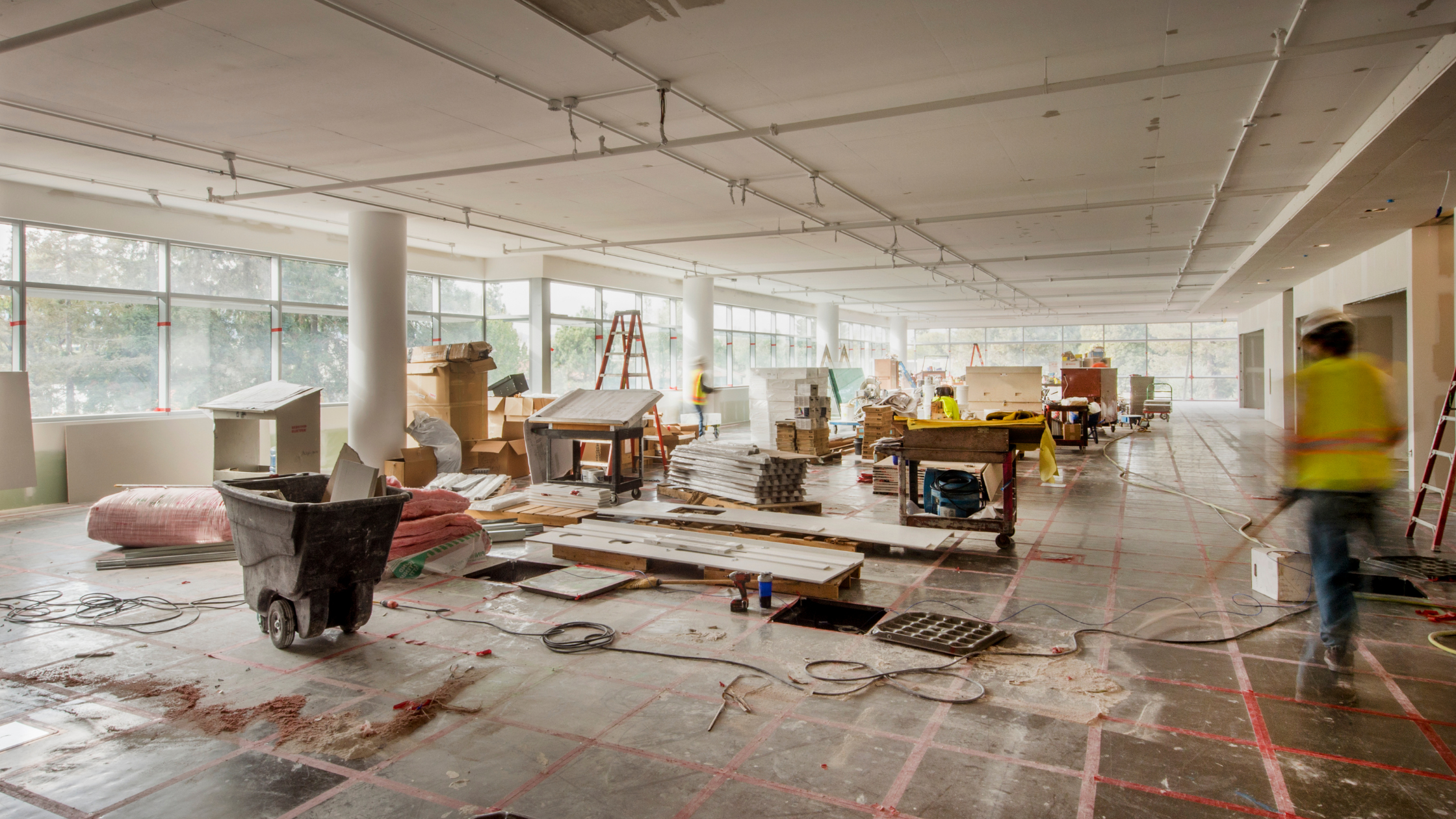In an earlier post, we discussed the concept of greenwashing and provided the Environmental Working Group as a resource to research brand names to find out if they are truly environmentally friendly. In general, so much of what we buy is on the one way train from being made in a plant to being planted in the ground to rot and degrade over thousands of years or to contributing to the enormous amount of garbage floating around in our oceans. Our only way out of this is to buy products that can truly be recycled or reclaimed. We need to wrench ourselves from our linear consumerism into a circular economy.
To that end, what materials are truly sustainable? How can we buy with better stewardship of Mother Earth in mind?
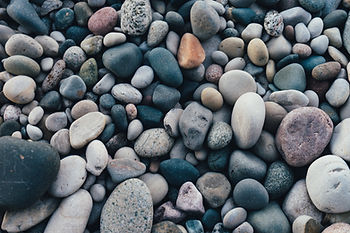
Generally speaking, animal and petroleum-generated products like plastics, foam, synthetic rubber, gasoline, leather, meat, and — are responsible for the most carbon emissions which are heating the earth. Petroleum products take years to breakdown, and many have hormone-mimicking substances called xeno-estrogens which are linked to cancer. Concrete is another horror show for the environment, responsible for about 8% of our annual CO2 footprint.
Here are some of the best options:
Cork. Cork forests capture 73 tons of carbon annually. Cork is harvested from the bark of a tree without actually destroying the tree and is a renewable and regenerative resource. It also can be composted.
Wool. Wool is both ecologically and non-ecologically friendly. Sheep manure contributes to methane gas production and forests are cleared away to create pastures for sheep grazing, but harvesting wool does not kill the animals and wool is easily compostable, unlike synthetic fibers which merely contribute to landfills and take much longer to break down.
Natural Latex. Made from the sap of a rubber tree, natural latex can be harvested from trees by excising the sap from the bark without killing the trees. These trees also help with carbon capture and maintaining atmospheric balance.
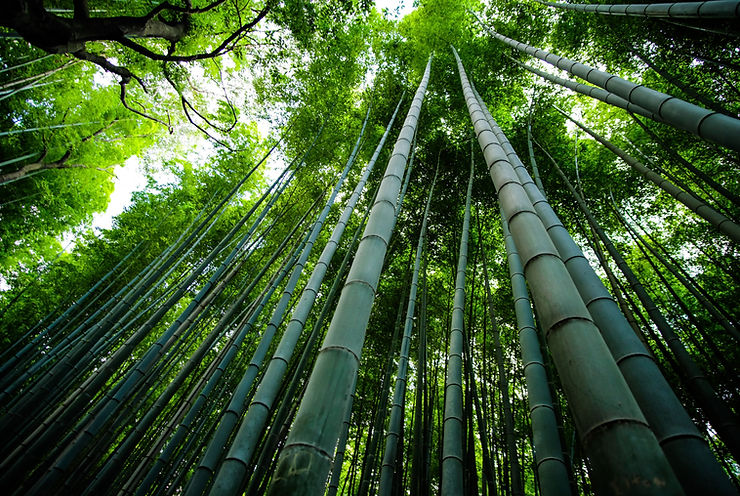
Bamboo. These plants reduce 35% of the carbon dioxide in the atmosphere and return a significant amount of oxygen. Bamboo also prevents soil erosion and can be used as a barrier for crops to prevent water runoff. As it is a natural material, it decomposes quickly. The only exception to this is if bamboo is chemically processed to remove its fibers. These chemicals are toxic to living creatures and people, which makes it important to seek out non-chemically processed options.
Natural Stone. Considered “the oldest sustainable material,” stone is natural, needs minimal processing, and is incredibly durable, therefore prolonging the obsolescence of whatever is made with it. Regional stone quarries are better options so as to prevent carbon emissions from transportation.
Glass. One hundred percent recyclable with zero end waste in the process, glass is one of the most sustainable materials. It is completely non-toxic, and does minimal damage to the environment. It doesn’t leach chemicals nor does it poison or harm flora or fauna (unless they cut themselves on broken shards of it). Glass takes an enormous amount of time to break down, literally up to one million years in some cases which means that, when not recycled and put in landfills, glass will sit there for a very long time. It’s important to note that glass is made from sand that comes from sea and riverbeds as well as limestone and other recycled glass. We use more sand than is being regenerated, so it’s important to not only recycle your glass when it breaks or when you are done with it, but also to avoid single-use materials in general.
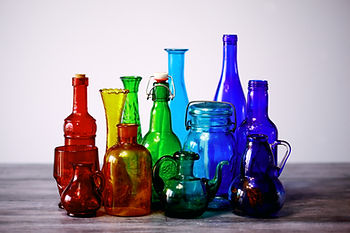
Hemp. Hemp is revered for its carbon sequestration abilities and its role in forest conservation as it produces more pulp per acre than trees and doesn’t require pesticides to grow. While hemp cultivation does require water and can create soil erosion, it also requires less energy to grow.
As people become more and more interested in zero waste products for their personal and household care, opting for cleaning supplies and tools that are made with sustainable materials as well as properly recycling them can help us preserve our planet.
PopUP CleanUP is a commercial and event cleaning company in the Greater Los Angeles Area. We strive to use sustainable methods to keep people, pets, plants, and our places safe.

